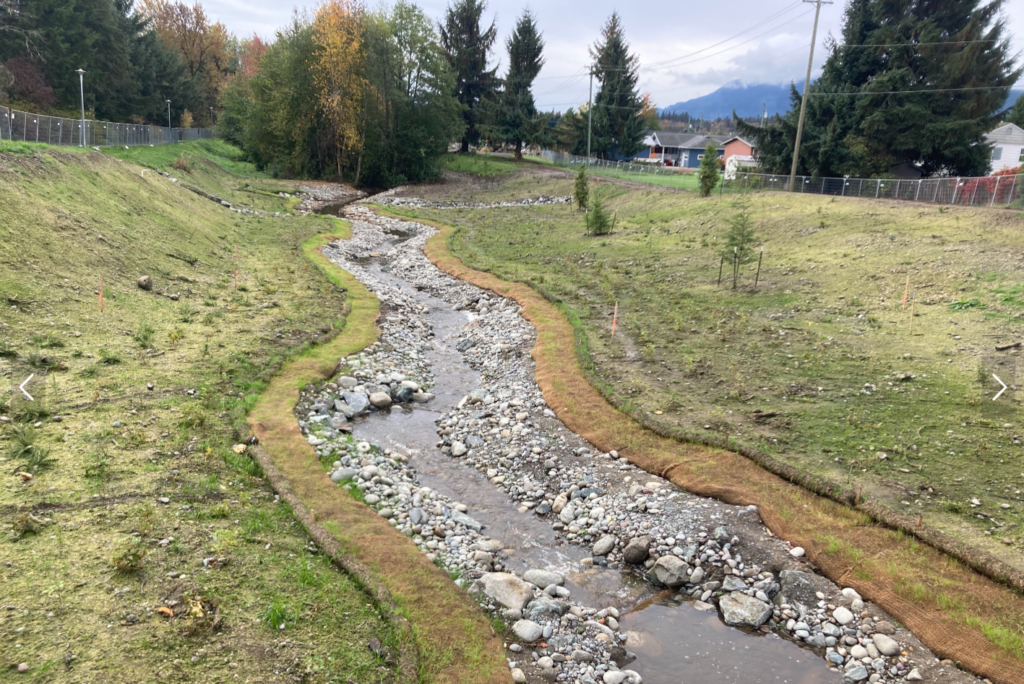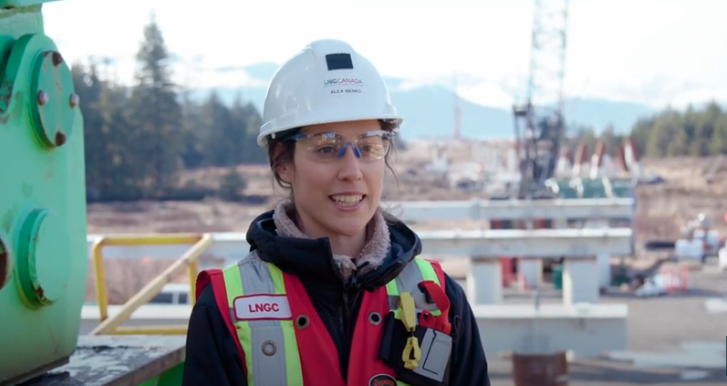Nov 27, 2019
Climate change is a global issue: a response to Locked in and Losing Out – BC Fossil Fuel Subsidies
Share
Earlier this week there were a number of news articles reporting on an IISD report that suggested the province of BC is undermining its own climate objectives by supporting LNG in general and LNG Canada specifically. It is disappointing to see the amount of press the report, “Locked in and Losing out – BC Fossil Fuel Subsidies” generated, as the report is essentially an anti-fossil fuel advocacy piece and misses the mark on a number of key points. For example, the report does not include a discussion of the role of LNG and natural gas in the world’s energy transition, which has been covered by the IEA in both a special report in January 2019, and in the more recently released IEA World Energy Outlook 2019.
Without a doubt, climate change is an issue of significance to the globe. And the Intergovernmental Panel on Climate Change Special Report on Global Warming (IPCC) – a report that ENGOs quote freely — emphasized the need for transformative global actions and global cooperation to decarbonize our energy system. The report states that regionalization of climate goals will only lead to carbon leakage. Lack of cooperation was identified as a barrier to achieving a 1.5C or 2C global temperature reduction goal.
The authors of IISD report focus exclusively on BC, as if there is a border around our province in which GHGs live in isolation of the rest of the world. The authors characterize measures the BC government has taken to level the playing field for LNG with other industry in the province as a subsidy. As you know, it is not. It is instead, what we refer to as fair tax policy. Why should the LNG industry have a higher electricity tariff or its own income tax act when other industries in the province do not? What the BC Government did is remove those policies that served as disincentives towards lower carbon LNG development.
The authors also fail to account for the hundreds of millions of dollars that one project will generate for BC coffers on an annual basis – money that goes directly into government revenues that can be used for a variety of decarbonization initiatives, as well as social services including hospitals, schools and infrastructure.
The report refers to eliminating fossil fuel subsidies … and fossil fuels. … but fails to understand that some fossil fuels will be part of the solution to achieve the Paris goal. As referenced above, the International Energy Agency’s World Energy Outlook 2019 includes a Sustainable Development scenario (SDS). The SDS outlines the global energy supply needed to achieve the Paris goal of significantly less than 2 degrees C warming. The SDS clearly outlines that natural gas will be needed in increasing quantities in China, India and SE Asia to replace/displace their higher carbon producing domestic coal. The gas will need to be transported as LNG, as well as by overland pipelines, and the LNG supply for China, India and SE Asia will need to grow 80 percent by 2040.
The IEA report does not predict where this LNG will come from. However, LNG from BC is well positioned geographically, and is leading the world in terms of being the most sustainable LNG with facilities designed to have the lowest GHG footprint in the world by half, and programs to facilitate Indigenous community economic opportunity and involvement.
As it relates to royalties, royalty rates increase when natural gas prices are high and decline when natural gas prices are low. The absence of a market for our natural gas is a key driver of low natural gas prices, and thus lower government royalties. Royalty credit systems are designed to encourage investments that would otherwise not take place, including building the extensive water and natural gas treatment facilities required for production, as well as investments in clean technologies to further reduce environmental emissions, including greenhouse gas emissions.
The report takes the position that LNG will not allow BC to achieve its GHG goals. I agree increasing emissions in BC, even if it means reducing emissions in another jurisdiction is a real challenge since we haven’t developed the methodology to account for these cross-jurisdictional emissions reductions. However, that is why the authors of the Paris Agreement created the ability to trade emissions reductions under Article 6 whether these are a result of lower carbon intensive fuels that back out higher carbon intensive energy or through technology transfers. Further, a great opportunity exists in recycling carbon tax paid by the sector in the development of clean technology and other carbon abatement opportunities while mitigating the impact on low income households, businesses and the non-profit sector.
And finally, from a sustainability perspective, it is important to recognize that climate action, while a critical sustainable development goal, is number 13 of 17 sustainable development goals that include eliminating poverty (#1) and provision of affordable and clean energy (#7).
Governments must balance these goals as they develop policy in service of society. We must think of ourselves as citizens of the globe, and not narrowly cast our view within provincial borders alone. This means we must recognize that climate action that creates or sustains poverty or increases the costs of energy making it unaffordable for a society is not good policy. A balanced approach is to leverage the revenues of today’s energy system that have a role in the energy transition – like LNG – and reinvest in the energy systems of tomorrow such as hydrogen, electrification, CCS, nature-based systems — while providing sustainable development opportunities for our communities and First Nations.


